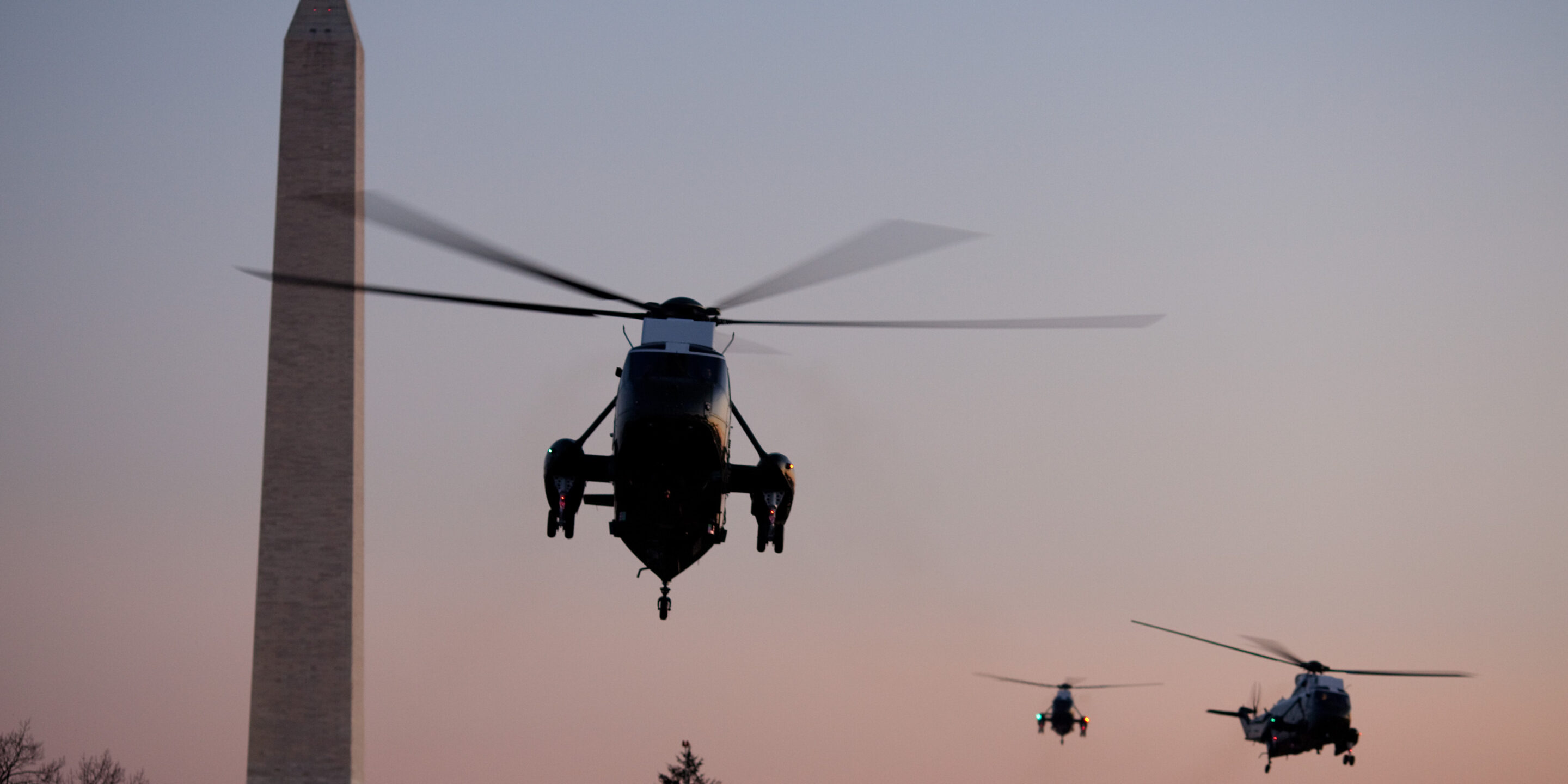January 13, 2025
Biden’s final foreign policy speech: an exercise in self-promotion

In his final foreign policy address as President, Joe Biden today struck a self-congratulatory note. He claimed that the United States and its allies were stronger than when he took office, while their adversaries were weaker. Yet the celebratory tone of the speech bore only a pale resemblance to the disappointing foreign policy legacy his administration will leave. Biden’s speech frequently had the odd character of claiming the goals with which he entered office had been achieved, when in fact they were frequently swept aside by subsequent events.
The outgoing President boasted that the US had been successfully outcompeting China, while also claiming that his administration had restabilised diplomatic relations with Beijing. In fact, US-China tensions have only increased over the past four years, particularly over the issue of Taiwan, which Biden himself has repeatedly claimed the US would defend if attacked. Meanwhile, the administration’s signature investments into US industry have not yet borne fruit, its export controls on Chinese tech have partially backfired, and the country’s share of global manufacturing lags well behind China’s.
Biden also touted the wars in Ukraine and Gaza as successful defences of the US-led world order that have sapped the strength of its adversaries. Yet, while it’s true that Russia was humbled following its invasion of Ukraine, it has gained what is likely an irreversible advantage in the conflict. Since the invasion, the US has exposed itself to significant escalation risks, while Ukraine has been devastated. It is highly likely that Volodymyr Zelensky will now have to buy peace at the cost of territory which could have been retained had Biden retracted the Bush administration’s foolish 2008 pledge to bring Ukraine into Nato.
Meanwhile, US support for Israel has made a mockery of the rhetoric of a “rules-based order”, as Gaza is levelled and its population pummelled. While Iran and its regional proxies have been weakened, an al-Qaeda offshoot has conquered Syria, the Right-wing Israeli government seems bent on expansion, and Tehran may feel more compelled to acquire a nuclear deterrent to shore up its eroding position.
More on Middle East

Featuring Rosemary Kelanic
October 16, 2025
Events on Grand strategy








